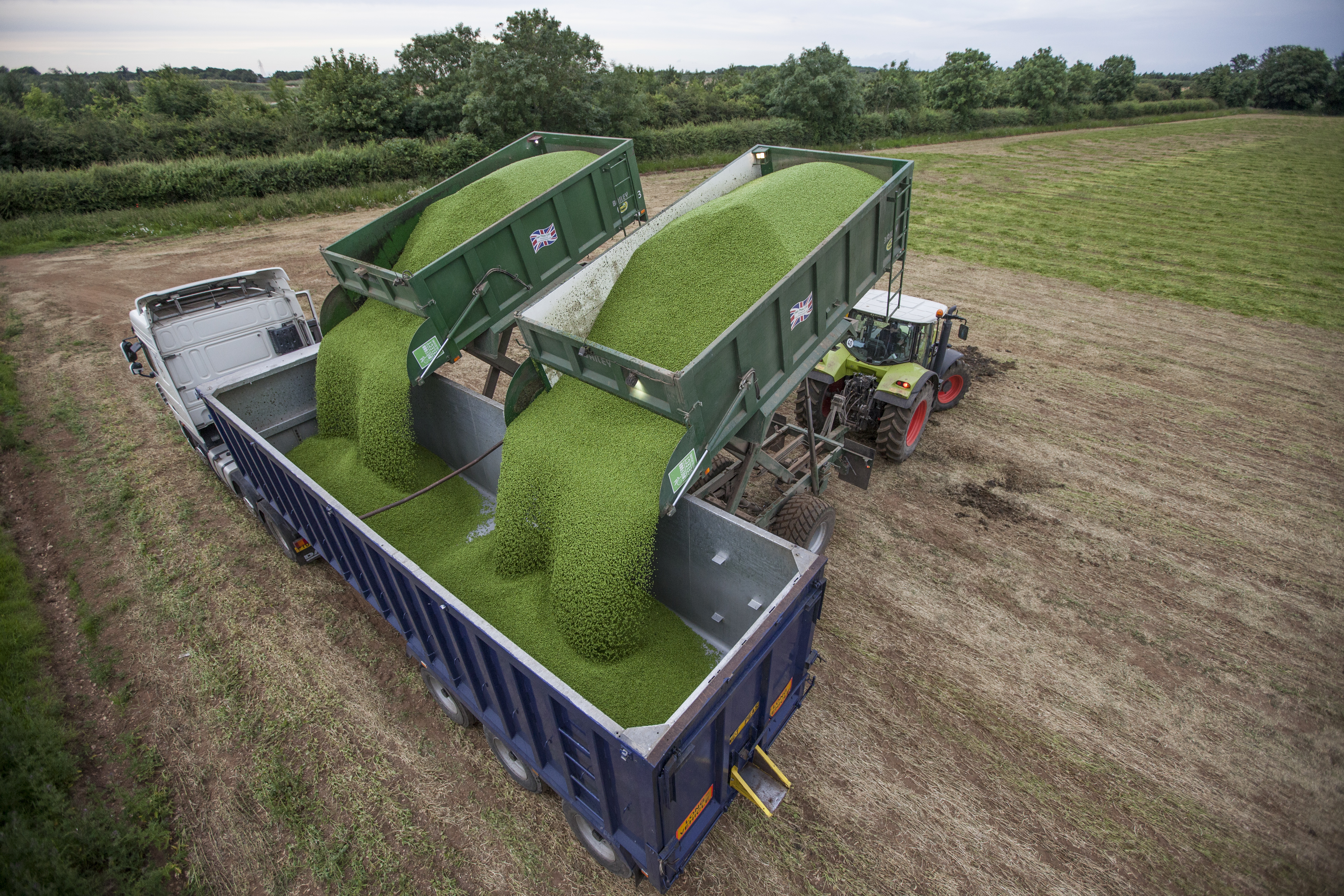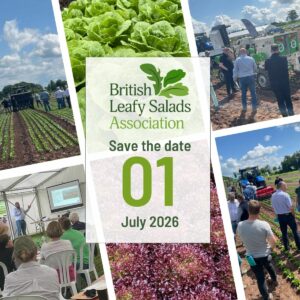The National Food Strategy
In October 2019 British Growers submitted evidence to the National Food Strategy. Part One of the strategy was published at the end of July and the following is a very brief summary of the key points.
The actual report extends to 86 pages and can be accessed through this link
The National Food Strategy – Part One
Our food system has just endured its biggest stress test since the Second World War. As COVID-19 swept through the UK, the entire machinery of supply and distribution had to be recalibrated, fast. The fact that, after a wobbly start, there were no serious food shortages is a testament to the flexibility and entrepreneurialism of so many food businesses, and the resilience of the food system.
The report’s recommendations cover 2 main themes:
1 Making sure a generation of our most disadvantaged children do not get left behind.
The key recommendation here is an expansion of the eligibility for the Free School Meal scheme to include every child (up to the age of 16) from a household where the parent or guardian is in receipt of Universal Credit (or equivalent benefits).
There is an interesting potential spin off for the fresh produce sector here. At the end of July, the CEOs of the Co-op and Waitrose agreed, in principle, to supplement the Healthy Start voucher scheme with additional free fruit and vegetables. Most of the other major supermarkets and convenience stores are keen to follow suit.
2 Determining our future trading relationships and grasping the once-in-a-lifetime opportunity to decide what kind of trading nation we want to be.
The report recognises that UK farmers and food producers have some of the highest environmental and animal welfare standards in the world. And accepts the justifiable concern about opening up UK markets to cheaper, low-standard imports which would undercut UK producers and make a nonsense of our progressive farming policies.
The introduction of a new and enlightened agricultural system here in the UK will only work if future trading arrangements reflect the same values. Otherwise, businesses and consumers may simply replace food produced in this country to high ethical standards with cheaper imported food produced at lower standards. This would make the whole future farming programme a charade.
The report recommends that the Government should only agree to cut tariffs in new trade deals on products which meet our core standards.
The Government should establish verification programmes – along the lines of those currently operated by the US Department of Agriculture to enable American farmers to sell non-hormone-treated beef to the EU – so that producers wishing to sell into the UK market can, and must, prove they meet these minimum standards.
These certification schemes should not only cover animal welfare but also environmental and climate protections where the impact of a particular product is severe.
Using similar mechanisms to the US, it would be possible, wherever the two sets of standards diverge significantly, to create tailored certification systems to ensure that food imports into this country meet the same standards we set for the UK’s domestic products.
What is still to come?
“The way we produce our food is the mother of all sustainability issues”.
Part Two of this report will cover the history and effects of the ‘Green Revolution’ which heralded the dawn of modern intensive farming and using selectively bred crops alongside fertilisers, pesticides and advanced farm machinery to massively increase the amount of food that could be produced from the land.
What began as a response to the threat of starvation is now considered disastrous for the environment. The global food system is responsible for an estimated 20-30% of total greenhouse gas emissions. It occupies half the world’s habitable land, uses 70% of the freshwater we consume, causes three quarters of all water pollution, and is the single biggest contributor to biodiversity loss.
Th second part of the strategy will also look at the issue of self-sufficiency and ask if there an optimal percentage number that we should be targeting, whether in aggregate or varying across the seasons and for different foodstuffs?
The basic premise is that things should be produced where they cost the least. But we need to understand these costs not just in terms of pounds, euros or dollars, but in terms of carbon emissions, biodiversity losses or the exhaustion of scarce water resources.
Part 2 of the strategy will be published in 2021.
British Growers
British Growers Association is a grower owned, grower led, not for profit umbrella group comprising a range of organisations operating in the UK horticulture industry and fresh produce sector. The membership includes Crop Associations, Producer Organisations, marketing groups and professional membership groups.
If you would like to discuss any aspect of this newsletter or would like to learn more, please do not hesitate to get in touch.
Jack Ward Chief Executive 07799 75778
Lisa Eagles Operations Director 07909 331907
Coral Russell Crop Association Executive 07881 295616
Pauline Sutton Crop Association Executive 07990 010437






